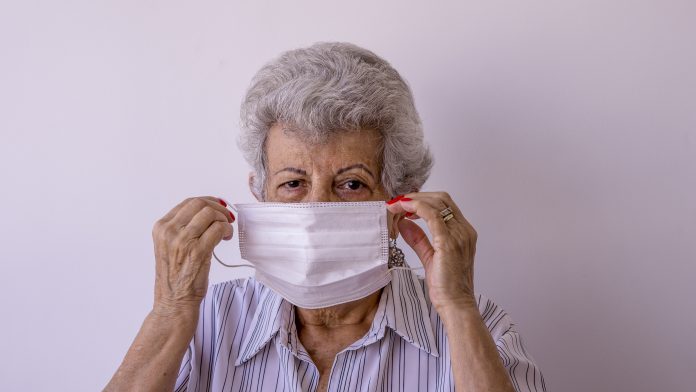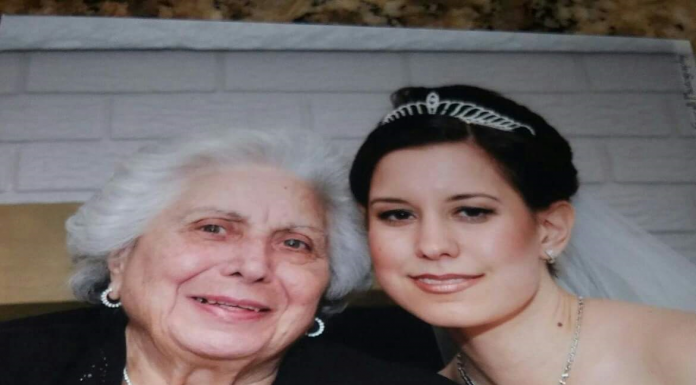The vaccine rollout has been anything but simple. Guidelines change almost daily. Chances of getting the vaccine depend largely on the state and county you live in. If you’re confused, you’re not alone; a recent survey found most Americans are uncertain about when and where they can get the vaccine. While President Biden’s largely touted plan to vaccinate 100 million Americans in his first 100 days in office is encouraging, new, more contagious variants of COVID-19 from Britain and South Africa are worrying.
At the time of this writing, the virus is responsible for more than 465,000 American lives, and health experts warn the worst is yet to come. Statistics point to a grim reality: 95 percent of deaths related to COVID-19 in the U.S. are among people 50 years or older.
Since we can’t get any younger, in addition to getting the vaccine as soon as it’s available to you, there are other things you can do today that will not only reduce your risk of COVID-19 complications but increase your overall health, too:
Lose excess weight
There is mounting evidence that people with diet and weight-related health issues like obesity and high blood pressure are at an increased chance of facing severe complications of COVID-19. There’s also evidence that people who exercise regularly are less likely to suffer from acute respiratory distress (ARDS), which is a deadly complication from the virus.
Simply eating healthier and becoming more active (even if it’s walking an extra 10 minutes a day and adding one vegetable to your daily diet) can make a difference. Evidence of weight loss for overall health is so promising that it’s encouraged a town to implement a voluntary diet and exercise program to fight off COVID-19 complications.
Get plenty of nutrients
A handful of studies have recently emerged linking higher levels of Vitamin D with reduced symptoms and mortality rates from COVID-19. For example, scientists in Spain found that COVID-19 patients who received prescription Vitamin D had fewer ICU stays than patients who did not receive the supplement. Scientists in the U.S. had a similar outcome.
Zinc is another common mineral known for strengthening the immune system, and now there are studies finding it could be a potential tool in fighting against COVID-19. Studies have found that patients with low levels of zinc were more likely to die from virus complications.
Take care of your oral health
Wait, what? What does your mouth have to do with COVID-19 prevention? Plenty!
When you don’t take good care of your mouth, you’re likely to experience bleeding, swollen gums. For many people, this reality is an annoyance that they simply rinse off in the sink and forget about. However, bleeding gums are a symptom of gum disease, which means the mouth is infected with an oral bacteria. Researchers in Germany recently analyzed 40 hospitalized COVID-19 patients. Those with elevated levels of gum disease were 22 times more likely to suffer respiratory failure and require ventilation. That’s a 2,200% increased risk of severe illness (and potentially death) from possibly something as small as bleeding gums!
Oral health also extends to sleep health. There’s now evidence that sleep apnea is a potential risk factor for COVID-19. Two studies found about a quarter of patients admitted to the ICU had obstructive sleep apnea (OSA).
In closing, the battle with COVID-19 is far from over, as the virus’s winter resurgence continues, unfortunately. What each of us can do for ourselves and our families is take daily steps to minimize our risks. Exercise and lose weight, get plenty of nutrients, and look after your oral health like your life depends on it.























